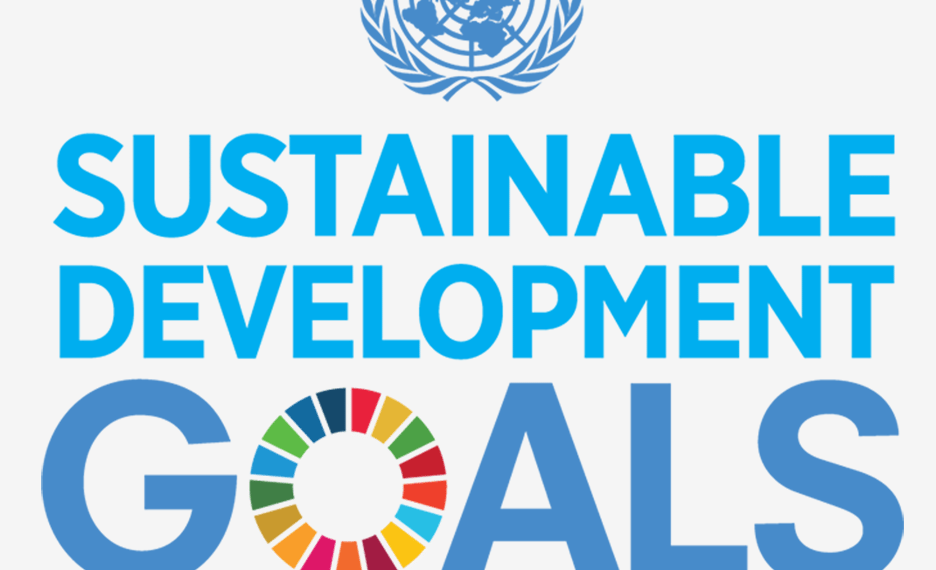Giving first her personal story of founding ‘The Voice of Libyan Women’, which focused on increasing female representation in Libyan security processes, Dr. Murabit reminded the audience that women’s rights are necessary pre-requisites to peace.
She pointed out that currently, 90 percent of peace processes fail within five years. “The silver lining,” she said, “is that we’ve begun to figure out what we can do differently.”
To achieve long-lasting, inclusive, sustainable security, Dr. Murabit advises the inclusion of women in peace processes. “If we include women, peace processes are 35 times more likely to last 15 years,” she said.
If we include women, peace processes are 35 times more likely to last 15 years.
The single biggest indicator of whether a nation will fall into conflict is “the devolution of women’s rights internally,” says Dr. Murabit, “more so than territory conflict or resource conflict.”
She reminded the audience that women’s inclusion is not a singular issue; it is inherently connected to each sustainable development goal, and each goal is better achieved with the inclusion of women.
According to Dr. Murabit, necessary inclusion of women in leadership roles can only happen if they are ensured education and healthcare. She acknowledged that many local leaders in conflict-prone countries are already working on these issues and the role of supporting international organizations should be to amplify those local voices and respect their indispensable role in nation building.



